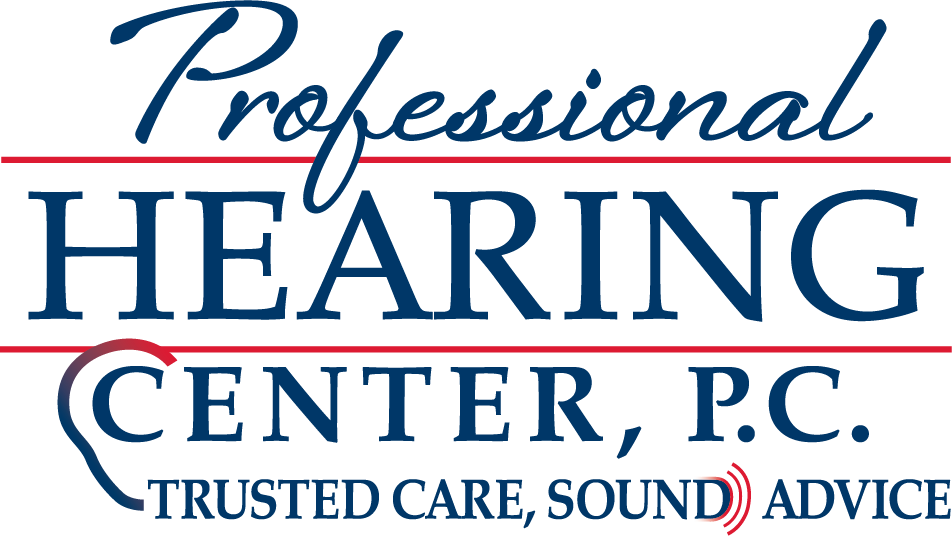
There are lots of well recognized causes of hearing loss, but few people realize the dangers that some chemicals pose to their hearing. At risk groups include automotive workers, plastics, textiles, metal fabrication, and petroleum. Knowing what these harmful chemicals are and what safeguards you should take can help protect your quality of life.
Some chemicals could be harmful to your hearing
The ears themselves or the nerves of the ears can be toxically affected by anything that has an “ototoxic” effect. Certain chemicals are ototoxic, and individuals can be exposed to these chemicals at home and in the workplace. These chemicals can be breathed in, absorbed, or ingested. These chemicals can make their way to the sensitive nerves of the ears once they get into the body. Noise exposure will multiply the negative impact, whether permanent or temporary, of ototoxic hearing loss.
Five types of chemicals that can harm your hearing were recognized by the Occupational Safety and Health Administration or OSHA:
- Metals and compounds – Metals like lead and mercury can lead to hearing loss in addition to the damage they can do to other parts of the body. Individuals may frequently be exposed to these metals if they’re in the furniture or metal fabrication industries.
- Asphyxiants – Asphyxiants lower the quantity of oxygen in the air and consist of things like carbon monoxide and tobacco smoke. Vehicles, gas tools, stoves, and other appliances could put out harmful amounts of these chemicals.
- Nitriles – Nitriles like 3-Butenenitrile and acrylonitrile are used in making products such as automotive rubber and seals, super glue, and latex gloves. Nitrile-based products can be useful because they help repel water, but exposure can harm your hearing.
- Solvents – Solvents, such as carbon disulfide and styrene, are used in certain industries like insulation and plastics. If you work in these fields, speak with your workplace safety officer about the degree of exposure you might have, and use all of your safety equipment.
- Pharmaceuticals – Your hearing can be harmed by medications that contain antibiotics, analgesics, and diuretics. You can learn if any medications you may be using pose any dangers to your hearing by consulting your physician and your hearing specialist.
What can you do if you’re exposed to ototoxic chemicals?
Taking key precautions is the ideal way to protect your hearing from exposure to chemicals. If you work in an industry like automotive, firefighting, plastics, pesticide spraying, or construction, ask your employer about exposure levels to these chemicals. Make sure you use every safety material your job supplies, such as protective gloves, garments, and masks.
Read and adhere to all of the safety instructions listed on product labels. If you can, stay away from any chemicals, open up windows, use proper ventilation, and ask for help with any instructions you can’t comprehend. Use extra safety measures if you are around noise at the same time as chemicals, as the two can have a cumulative impact on your hearing. If you can’t stay away from chemicals or are on medications, be certain you have regular hearing assessments so you can attempt to nip any problems in the bud. We are experienced in dealing with the numerous causes of hearing loss and can help you put together a plan to prevent further damage.
Call Today to Set Up an Appointment
References
https://www.ncbi.nlm.nih.gov/pmc/articles/PMC4693596/
